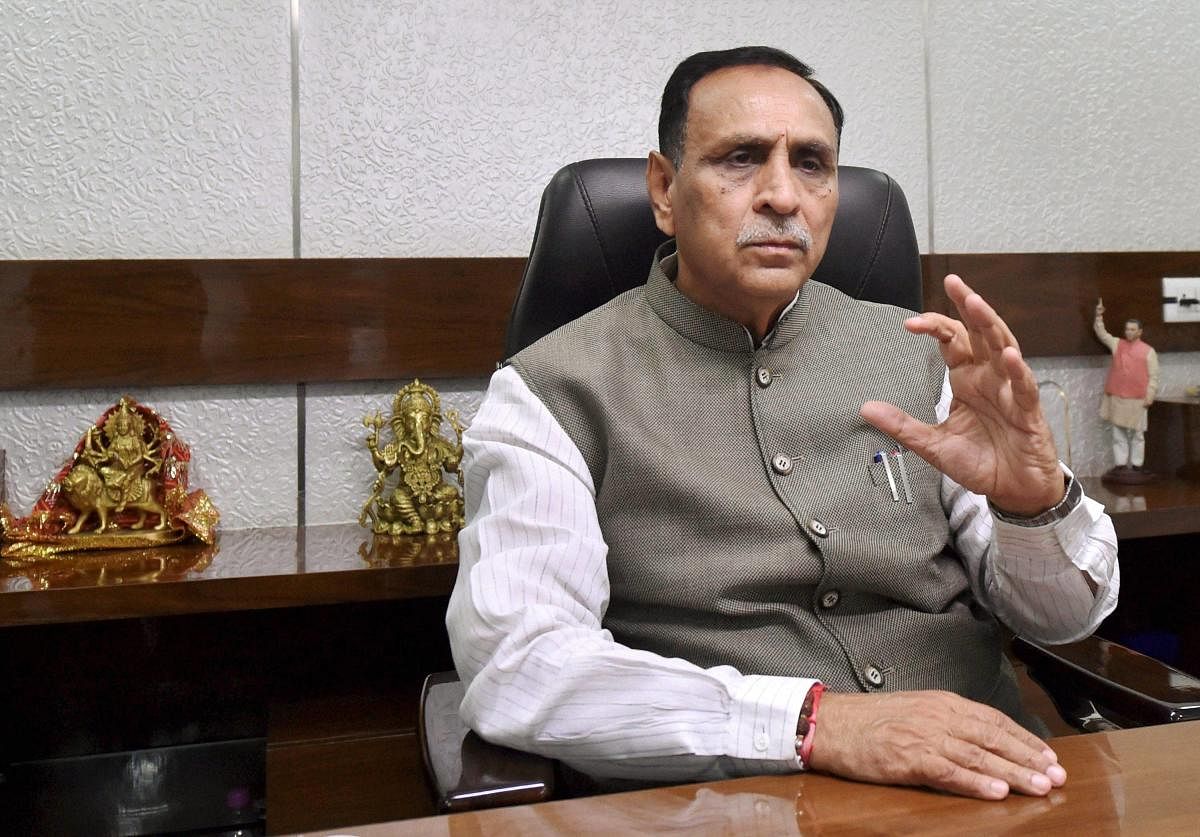
A week after the Motor Vehicle (Amendment) Act, 2019, came into effect, Gujarat Chief Minister Vijay Rupani announced a cut in penalties for traffic violations by almost 50%.
The Bharatiya Janata Party-ruled government has extended relief mostly for two-wheeler riders, citing their middle or lower middle class background.
In some cases, the reduction is as steep as
Rs 1,000 from Rs 10,000.
Various states have accused the Centre of burdening the common man with heavy fines.
Rupani said the penalty for not wearing a helmet will be Rs 500 against Rs 1,000 prescribed in the MV Act, which came into force on September 1. Not wearing seat-belts will invite a fine of Rs 500, instead of Rs 1,000.
“The fine amount for different violations proposed under the Central law is the upper limit. Penalty collection is not our objective. We want people to be safe. The Gujarat government will enforce the law strictly wherever it is needed. We will be lenient wherever needed. That is why we will not impose any fine on pillion-riders,” Rupani said.
No need of physical copy'
A two-wheeler rider without licence will be fined Rs 2,000, while it is Rs 3,000 for four-wheeler drivers against Rs 5,000 under the new Act. Rupani said those with a digital copy of licence, insurance or other relevant documents will not be required to show the physical copy.
Gujarat has made more than a dozen changes to the MV Act. It has reduced the fine for two-wheelers violating pollution norms from Rs 10,000 to Rs 1,000.
Sources in the government said the fines were reduced in apprehension of protests from all quarters.
On July 31, Parliament passed the Motor Vehicles (Amendment) Bill, 2019. But some states, especially those ruled by non-BJP parties, have opposed its stringent provisions and not implemented them yet.